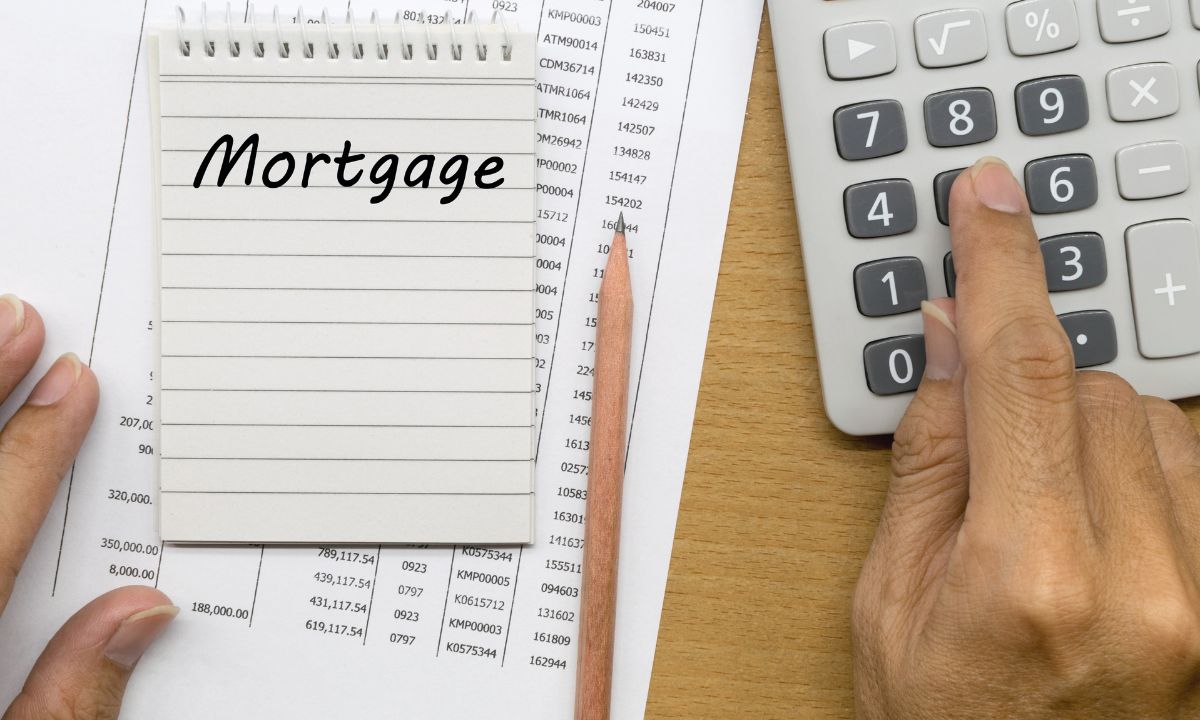How to Choose Which Mortgage Is The Right One for You
 When it comes to buying a home, selecting the right mortgage is one of the most important financial decisions you’ll make. The type of loan you choose will impact your monthly payments, interest rates, and overall financial stability. To make the best choice, it’s essential to understand the different types of mortgages available and how they align with your financial goals and circumstances.
When it comes to buying a home, selecting the right mortgage is one of the most important financial decisions you’ll make. The type of loan you choose will impact your monthly payments, interest rates, and overall financial stability. To make the best choice, it’s essential to understand the different types of mortgages available and how they align with your financial goals and circumstances.
1. Conventional Loans
Conventional loans are the most common type of mortgage and are offered by private lenders such as banks and credit unions. They come in two main forms:
-
Fixed-rate loans: These have a stable interest rate that remains the same throughout the life of the loan, making them ideal if you prefer predictable payments.
-
Adjustable-rate mortgages (ARMs): These start with a lower interest rate that adjusts periodically based on market conditions. ARMs can be a good choice if you plan to sell or refinance before the rate changes.
Conventional loans typically require a higher credit score and a larger down payment compared to government-backed loans.
2. FHA Loans
Backed by the Federal Housing Administration, FHA loans are designed for borrowers with lower credit scores or smaller down payments. Key features include:
-
Down payments as low as 3.5% for those who qualify.
-
Flexible credit score requirements.
-
Higher debt-to-income (DTI) ratios allowed compared to conventional loans.
FHA loans are an excellent option for first-time homebuyers or those who need a more accessible entry point into homeownership.
3. VA Loans
VA loans are available exclusively to eligible veterans, active-duty service members, and certain members of the National Guard and Reserves. These loans are backed by the Department of Veterans Affairs and offer unique benefits, such as:
-
No down payment required.
-
Competitive interest rates.
-
No private mortgage insurance (PMI) costs.
If you’ve served in the military, a VA loan can be one of the most affordable paths to homeownership.
4. USDA Loans
The U.S. Department of Agriculture offers USDA loans to buyers interested in purchasing homes in rural or suburban areas. These loans are designed to help low- to moderate-income families and offer:
-
No down payment for qualified applicants.
-
Competitive interest rates.
-
Flexible credit requirements.
If you’re looking to buy a home in a rural area and meet the income requirements, a USDA loan could be a great fit.
Choosing the Right Mortgage
To determine the best mortgage for your situation, consider the following factors:
-
Your Financial Situation
Evaluate your credit score, savings, and income stability. These factors will influence your loan options and the terms you qualify for. -
Your Long-Term Goals
Think about how long you plan to stay in the home. If you’re planning on a long-term commitment, a fixed-rate loan might be best. For shorter stays, an ARM or low-down-payment loan might make more sense. -
Risk Tolerance
If you prefer stability and predictable payments, opt for a fixed-rate loan. If you’re comfortable with some financial variability, consider an ARM. -
Eligibility
Check if you qualify for special programs like VA or USDA loans, which offer favorable terms and benefits.
The right mortgage is more than just a loan—it’s a stepping stone toward achieving your homeownership goals while maintaining financial health. By understanding the differences between loan types and assessing your personal needs, you can make a confident, informed decision.

 Buying a home is one of the biggest financial decisions you’ll ever make, and you want to make sure you’re as prepared as possible. Whether you’re just starting to browse homes or are ready to put in an offer, one of the most important steps you can take is getting preapproved for a mortgage.
Buying a home is one of the biggest financial decisions you’ll ever make, and you want to make sure you’re as prepared as possible. Whether you’re just starting to browse homes or are ready to put in an offer, one of the most important steps you can take is getting preapproved for a mortgage. If you’re new to homeownership, you might be wondering exactly what makes up the mortgage payment you’re sending each month. Beyond just the loan amount itself, there are several different components that all factor into your monthly mortgage payment. Understanding these components not only helps you see where your money is going but can also assist you in optimizing your mortgage and possibly securing a better rate.
If you’re new to homeownership, you might be wondering exactly what makes up the mortgage payment you’re sending each month. Beyond just the loan amount itself, there are several different components that all factor into your monthly mortgage payment. Understanding these components not only helps you see where your money is going but can also assist you in optimizing your mortgage and possibly securing a better rate.